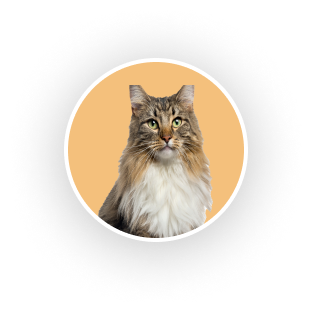Search by Keyword
Filter by Category
All Categories
Big Dog Doors
Cat Adoption
Cat Door Installation
Cat Door Installation
Cat Door Installation|Cats|Dog Doors
Cat Door Maintenance
Cat Doors
Cat Health
Cat Rescue
Cats
Charitable Donations
Dog Adoption
Dog Door Installation
Dog Door Installation|dog health|Dogs|Pet Doors
Dog Door Installation|Dogs|Pet Doors
Dog Door Maintenance
Dog Door Security
Dog Doors
dog health
Dog Rescue
Dogs
Energy Efficient
Hale Pet Charities
Pet Adoption
Pet Charities
Pet Door Installation
Pet Door Installation
Pet Door Installation|Pets
Pet Door Maintenance
Pet Door Security
Pet Doors
Pet Health
Pet Rescue
Pet Safety
Pets
screen dog doors
screen pet doors
Senior Cats
Senior Dogs
Senior Pets
Small Dog Doors
Training Tips
Working Dogs
Filter by Date Posted
All Dates
November 2023 (4)
October 2023 (4)
September 2023 (4)
August 2023 (4)
July 2023 (4)
June 2023 (4)
May 2023 (4)
April 2023 (4)
March 2023 (4)
February 2023 (4)
January 2023 (4)
December 2022 (2)
November 2022 (2)
October 2022 (2)
September 2022 (2)
August 2022 (4)
July 2022 (1)
June 2022 (4)
May 2022 (1)
April 2022 (1)
March 2022 (1)
February 2022 (1)
January 2022 (1)
December 2021 (2)
November 2021 (1)
October 2021 (1)
September 2021 (1)
August 2021 (1)
July 2021 (1)
June 2021 (1)
April 2021 (1)
March 2021 (2)
February 2021 (1)
January 2021 (2)
December 2020 (1)
November 2020 (2)
October 2020 (3)
September 2020 (2)
August 2020 (1)
July 2020 (2)
June 2020 (1)
May 2020 (1)
April 2020 (1)
March 2020 (3)
February 2020 (3)
January 2020 (1)
December 2019 (1)
October 2019 (2)
September 2019 (1)
August 2019 (1)
July 2019 (2)
June 2019 (1)
May 2019 (3)
April 2019 (2)
March 2019 (1)
February 2019 (2)
January 2019 (4)
December 2018 (3)
November 2018 (4)
October 2018 (3)
September 2018 (2)
August 2018 (3)
July 2018 (2)
June 2018 (2)
May 2018 (3)
April 2018 (4)
March 2018 (5)
February 2018 (2)
January 2018 (1)


